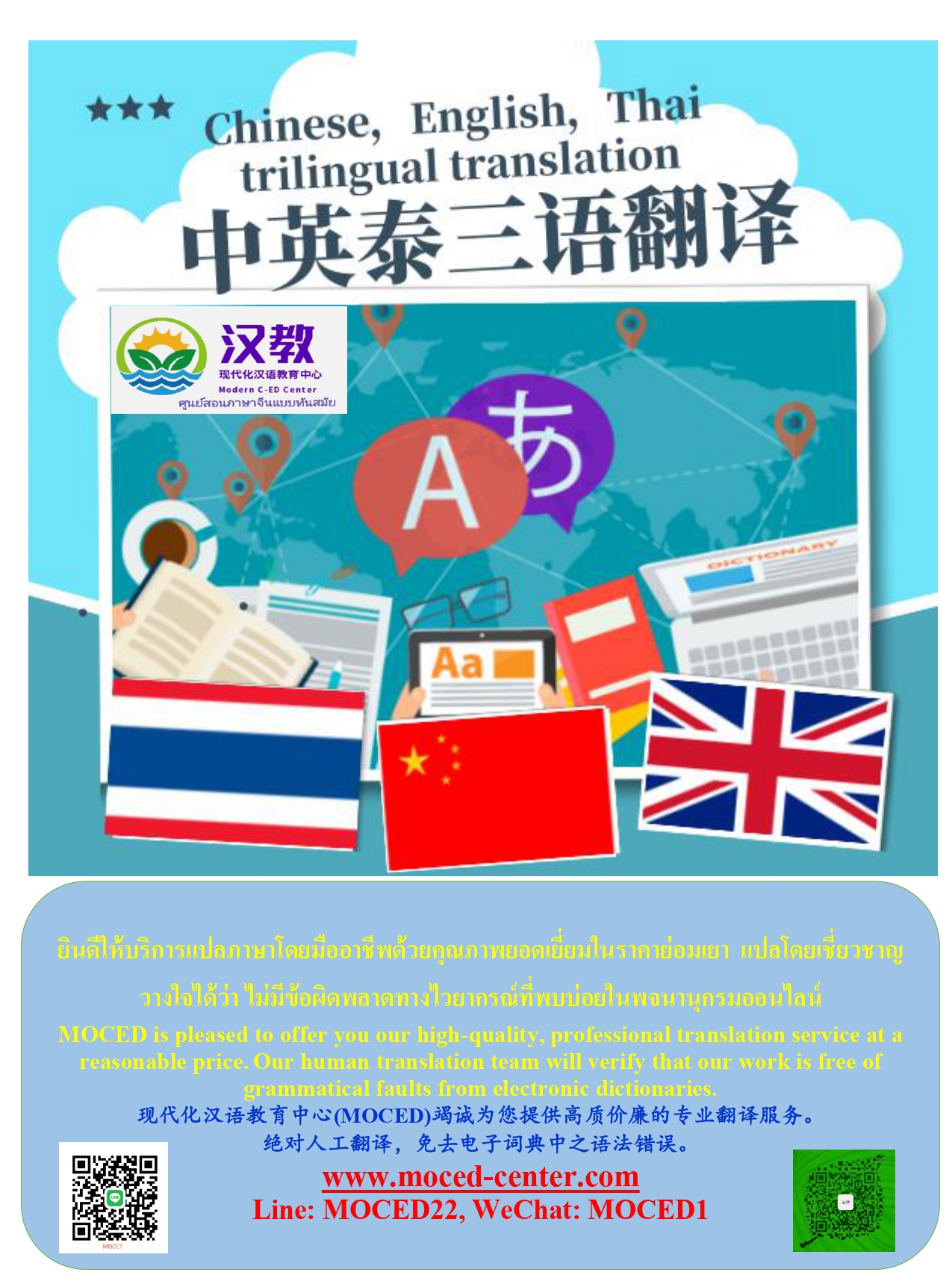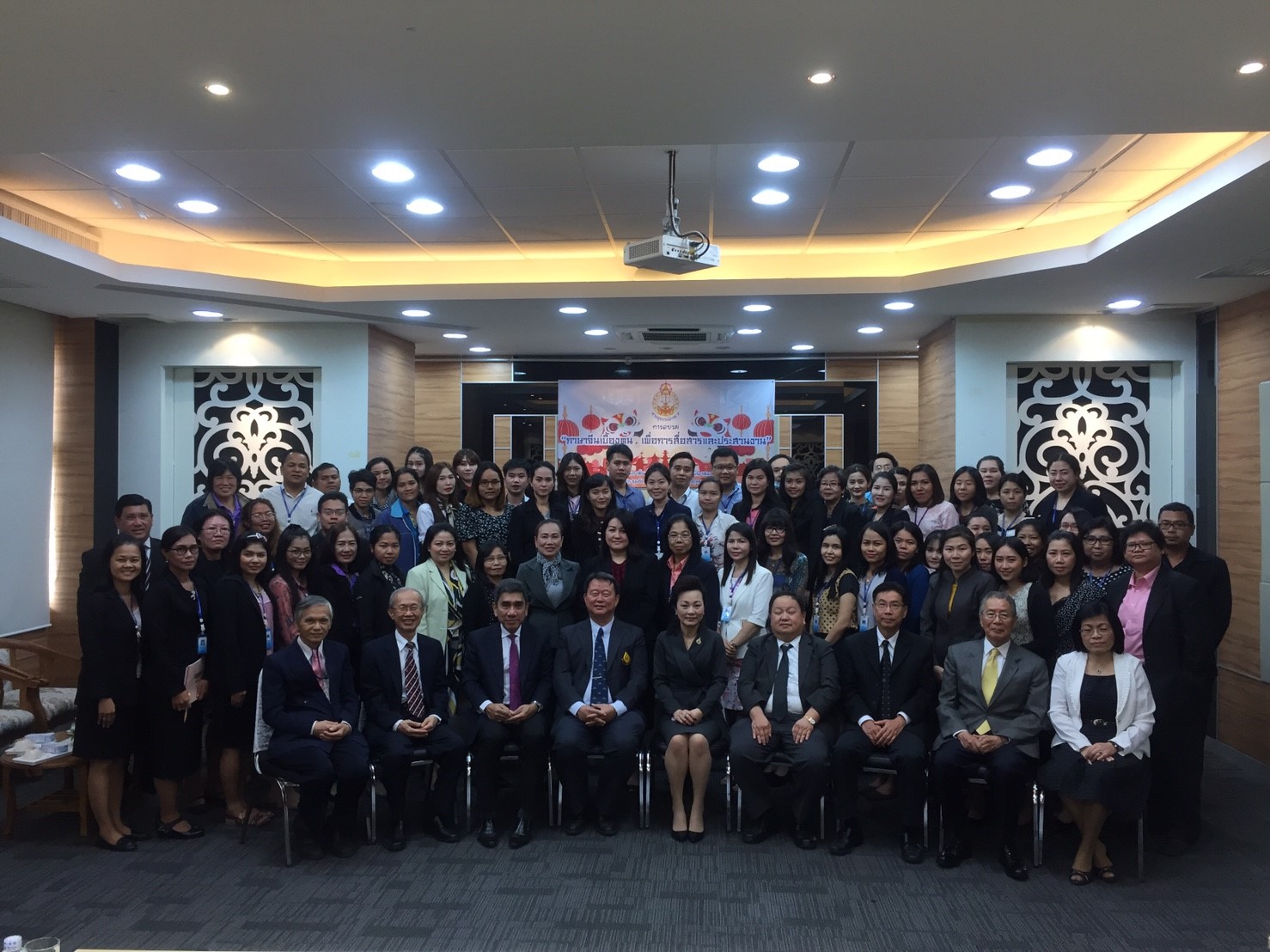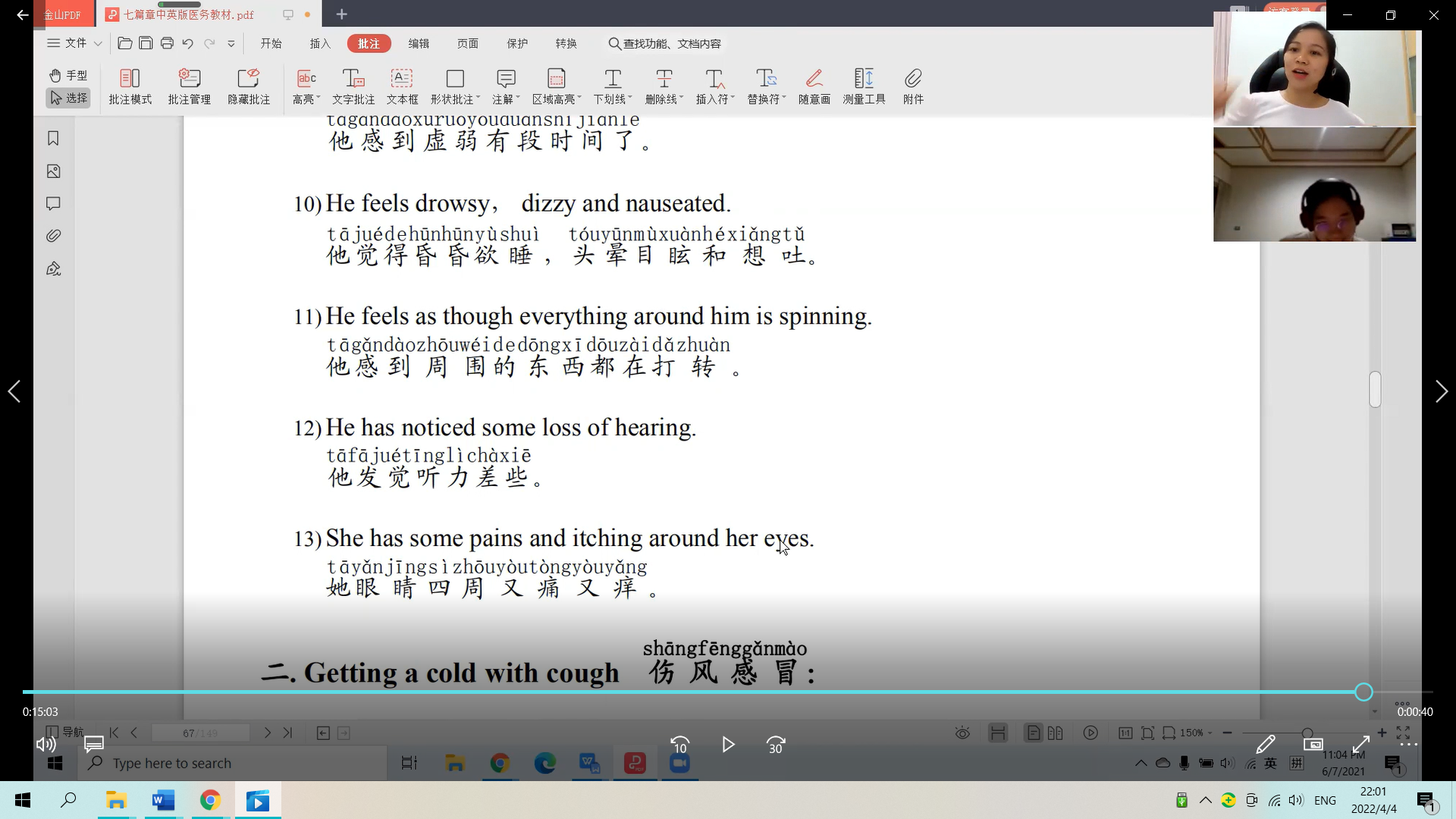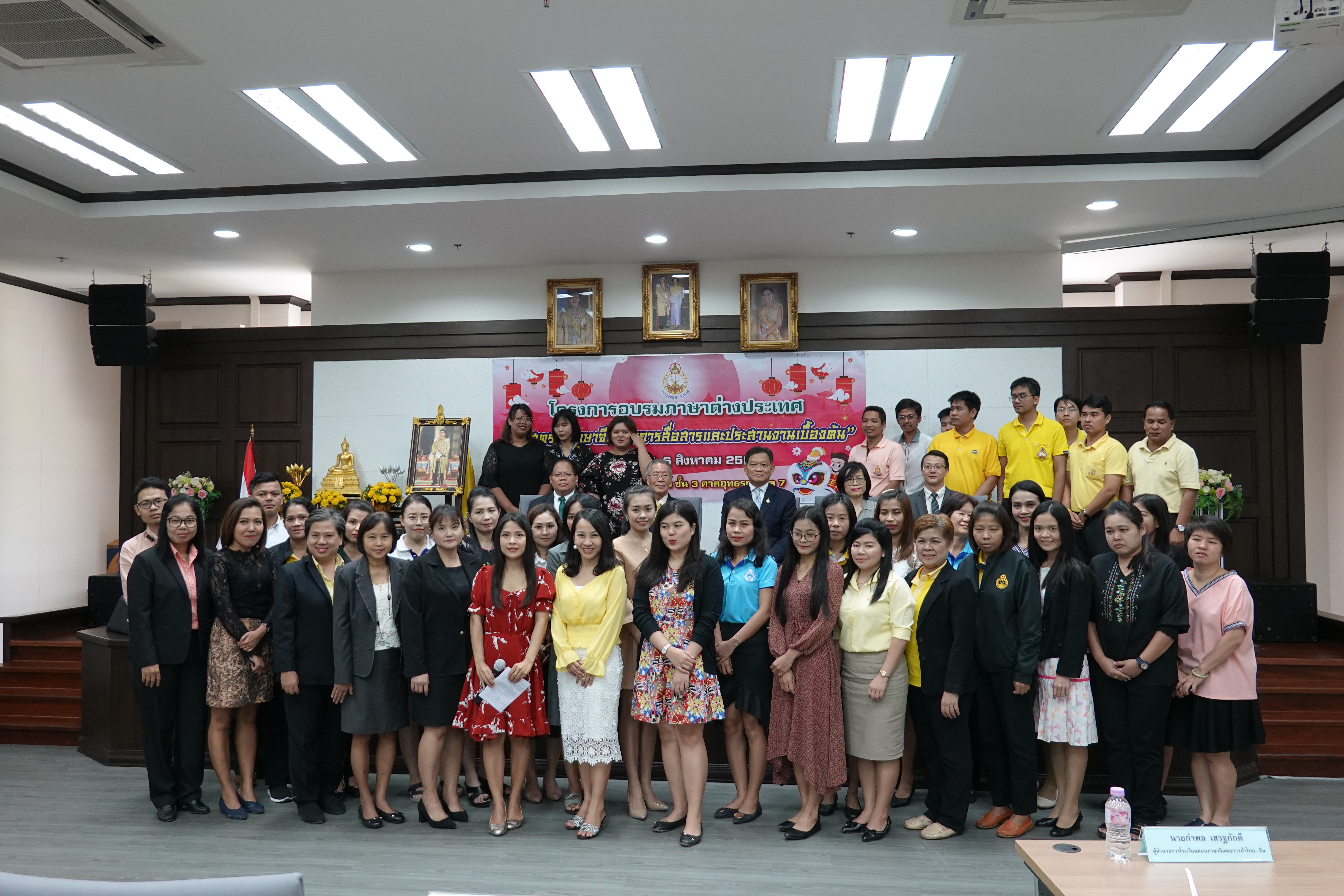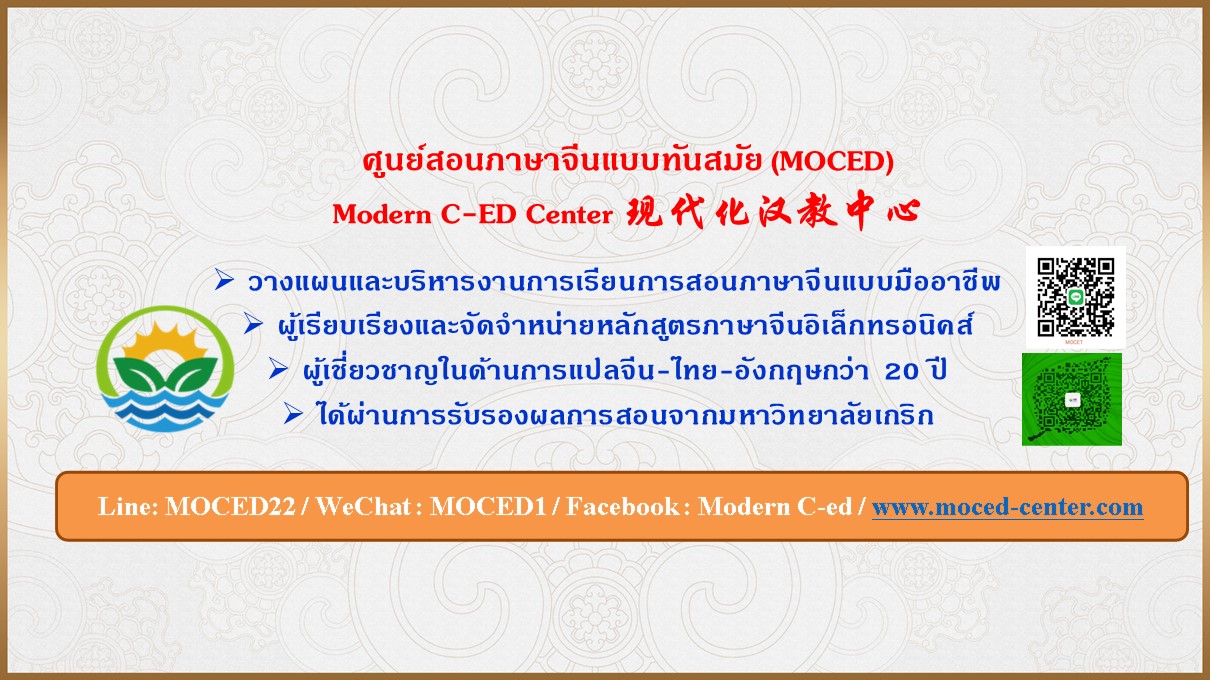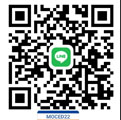HSK Test Application
(Only online application can be accepted )
Applicant who wish to apply for HSK test, please download the application form:
/en/uploadfile/2022/0607/20220607043041484.docx and complete it, then send it back to the E-mail address specified in the form. We will arrange the applicant to take the HSK test at the test centers designated by Hanban as soon as possible.
1. HSK Test Introduction
HSK Level I 一级笔试
HSK Level II 二级笔试
HSK Level III 三级笔试
HSK Level IV 四级笔试
The HSK (Level IV) assesses test takers’ abilities in the application of everyday Chinese. It is the counterpart of the Level IV of the Chinese Language Proficiency Scales for Speakers of Other Languagesand the B2 Level of the Common European Framework of Reference (CEF). Test takers who are able to pass the HSK (Level IV) can converse in Chinese on a wide range of topics and are able to communicate fluently with native Chinese speakers.
The HSK (Level IV) is intended for students who have studied Chinese2-4 class hours per week for four semesters (two academic years). These students have mastered 1,200 commonly used words and related grammar patterns.
HSK Level V 五级笔试
HSK Level VI 六级笔试
2. HSKK Test Introduction 口试简介
汉语水平口语考试HSKK主要考查考生的汉语口头表达能力,包括HSKK(初级)、HSKK(中级)和HSKK(高级),考试采用录音形式。
HSKK Primary Level 初级口试
The HSK Speaking Test (Primary Level) is intended for the students who have studied Chinese 2-3 class hours per week for 1-2 semesters. These students have mastered about 200 commonly used words.
HSKK Intermediate Level 中级口试
The HSK Speaking Test (Intermediate Level) assesses the test takers’ ability to express themselves in oral Chinese. It is the counterpart of the Level III and Level IV of the Chinese Language Proficiency Scales for Speakers of Other Languages and the B Level of the Common European Framework of Reference (CEF). Test takers who are able to pass the HSK Speaking Test (Intermediate Level) can understand intermediate Chinese and converse fluently with native Chinese speakers.
The HSK Speaking Test (Intermediate Level) is intended for students who have studied Chinese 2-3 hours per week for 1-2 academic years. These students have mastered about 900 commonly used words.
HSKK Advanced Level 高级口试
The HSK Speaking Test (Advanced Level) assesses the test takers’ ability to express themselves orally in Chinese. It is the counterpart of the Level V of the Chinese Language Proficiency Scales for Speakers of Other Languages and the C Level of the Common European Framework of Reference (CEF). Test takers who are able to pass the HSK Speaking Test (Advanced Level) can understand spoken Chinese and fluently express their ideas in Chinese.
The HSK Speaking Test (Advanced Level) is intended for the students who have studied Chinese 2-3 class hours per week for more than 2 academic years. These students have mastered about 3,000 common words.
3.新中小学生汉语考试YCT
YCT Introduction
为鼓励汉语非第一语言的中小学生学习汉语,培养、提高他们的汉语能力,自2004年以来,中国国家汉办组织中外汉语教学、语言学、心理学和教育测量学等领域的专家,在充分调查、了解海外中小学实际汉语教学情况的基础上,开发了新中小学生汉语考试(YCT)。
新YCT是一项国际汉语能力标准化考试,考查汉语非第一语言的中小学生在日常生活和学习中运用汉语的能力。新YCT分笔试和口试两部分,笔试和口试是相互独立的。笔试包括YCT(一级)、 YCT(二级)、YCT(三级)和YCT(四级);口试包括YCT(初级)和YCT(中级)。
YCT Level I
The YCT (Level I) assesses test takers’ ability in daily use of Chinese. Test takers who are able to pass the YCT (Level I) can understand and use some of the most common Chinese phrases and sentences and possess the ability to further their Chinese language studies.
The YCT (Level I) is intended for young students who have studied Chinese for three months, with 2-3 class hours per week. These students have mastered 80 commonly used words and related grammar patterns.
YCT Level II
The YCT (Level II) tests test takers’ ability in daily use of Chinese. It is the counterpart of the Level I of the Chinese Language Proficiency Scales for Speakers of Other Languages and the A1 Level of the Common European Framework of Reference (CEF). Test takers who are able to pass the YCT (Level II) can understand and use some simple Chinese phrases and sentences and cope with basic level communications.
The YCT (Level II) is intended for young students who have studied Chinese for a semester (half an academic year), with 2-3 class hours per week. These students have mastered 150 commonly used words and related grammar patterns.
YCT Level Ⅲ
The YCT (Level III) tests test takers’ ability in daily use of Chinese. It is the counterpart of the Level II of the Chinese Language Proficiency Scales for Speakers of Other Languages and the A2 Level of the Common European Framework of Reference (CEF). Test takers who are able to pass the YCT (Level III), having reached an excellent level in basic Chinese, can communicate on familiar daily topics in a simple manner.
The YCT (Level III) is intended for young students who have studied Chinese for two semesters (one academic year), with 2-3 class hours per week. These students have mastered 300 common words and related grammar patterns.
YCT Level Ⅳ
The YCT (Level IV) tests test takers’ ability in daily use of Chinese. It is the counterpart of the Level III of the Chinese Language Proficiency Scales for Speakers of Other Languages and the B1 Level of the Common European Framework of Reference (CEF). Test takers who are able to pass the YCT (Level IV) can communicate in Chinese at a basic level in their daily, academic and professional lives. When travelling in China, they can manage most forms of communication in Chinese.
The YCT (Level V) is intended for young students who have studied Chinese for more than two semesters, with 2-3 class hours per week. These students have mastered 600 commonly used words and related grammar patterns.
YCT Speaking Test Primary Level
The YCT Speaking Test (Beginner Level) assesses test takers’ ability to expressing themselves orally in Chinese. It is the counterpart of the Level I and Level II of the Chinese Language Proficiency Scales for Speakers of Other Languages and the A Level of the Common European Framework of Reference (CEF). Test takers who are able to pass the YCT Speaking Test (Beginner Level) can understand and use familiar everyday expressions that meet specific needs for communication.
The YCT (Beginner Level) is intended for young students who have studied Chinese for 1-2 semesters, with 2-3 class hours per week. These students have mastered 200 commonly used words and related grammar patterns.
YCT Speaking Test Intermediate Level
The YCT Speaking Test (Intermediate Level) assesses test takers’ ability to expressing themselves orally in Chinese. It is the counterpart of the Level III of the Chinese Language Proficiency Scales for Speakers of Other Languages and the B1 Level of the Common European Framework of Reference (CEF). Test takers who are able to pass the YCT Speaking Test (Intermediate Level) can understand simple spoken Chinese and engage in basic communication with native Chinese speakers.
The YCT (Intermediate Level) is intended for young students who have studied Chinese for more than two semesters, with 2-3 class hours per week. These students have mastered 400 commonly used words and related grammar patterns.
4.商务汉语考试 BCT
Business Chinese Test (BCT)
BCT(A)
The BCT (A) is an international, standardized test in Chinese language proficiency that focuses on testing non-native Chinese speakers’ abilities to use the Chinese language in real business or common working environments, and that evaluates the language tasks they are able to complete. Following the principle of practicality, oriented towards speaking and listening, and emphasizing abilities in the workplace, this test aims to recreate actual situations in the workplace and takes practical content for communications as the method of examining test takers’ abilities to use Chinese to meet their needs in a working environment.
BCT(B)
The BCT (B) is an international, standardized test in Chinese language proficiency that focuses on testing non-native Chinese speakers’ abilities to use the Chinese language in real business or common working environments, and that evaluates the language tasks they are able to complete. Following the principle of practicality, oriented towards speaking and listening, and emphasizing abilities in the workplace, this test aims to recreate actual situations in the workplace and takes practical content for communications as the method of examining test takers’ abilities to use Chinese to meet their needs in the working environment.
BCT (Oral iBT)
The BCT (Oral iBT), a Computer Adaptive Test(CAT), is an international, standardized test in Chinese language proficiency that focuses on testing non-native Chinese speakers’ abilities to use the Chinese Oral language in real business or common working environments, and that evaluates the language tasks they are able to complete. Following the principle of practicality, oriented towards speaking and listening, and emphasizing abilities in the workplace, this test aims to recreate actual situations in the workplace and takes practical content for communications as the method of examining test takers’ abilities to use Oral Chinese to meet their needs in the working environment conducted via Internet, according to their characteristics and occupation.
HSK Test Fee Introduction:
The HSK test, which is run by Hanban of China, is charged uniformly around the world. Exam fees vary by program or level. According to the notice of Confucius Institute Headquarters / Hanban, the new charging standards for Chinese Proficiency Tests (HSK, HSKK and YCT) have been confirmed in Thailand since March 2015, as shown in the table below:
HSK Test fee (Paper test)
| 考试类别 | 级别 | 收费标准(泰铢)
(纸笔、网考按以下同一标准收费) |
| H
S K |
HSK一级 | 500 +60 |
| HSK二级 | 700 +60 | |
| HSK三级 | 900 +60 | |
| HSK四级 | 1200 +60 | |
| HSK五级 | 1600 +60 | |
| HSK六级 | 2000 +60 | |
|
HSKK |
初级口语 | 500 +60 |
| 中级口语 | 700 +60 | |
| 高级口语 | 800 +60 | |
| YCT | YCT一级 | 100 +60 |
| YCT二级 | 200 +60 | |
| YCT三级 | 300 +60 | |
| YCT四级 | 400 +60 |
The registration date and exam date of all kinds of Chinese Level Test for foreigners (HSK) in Year 2022 can be referred to the tables below:
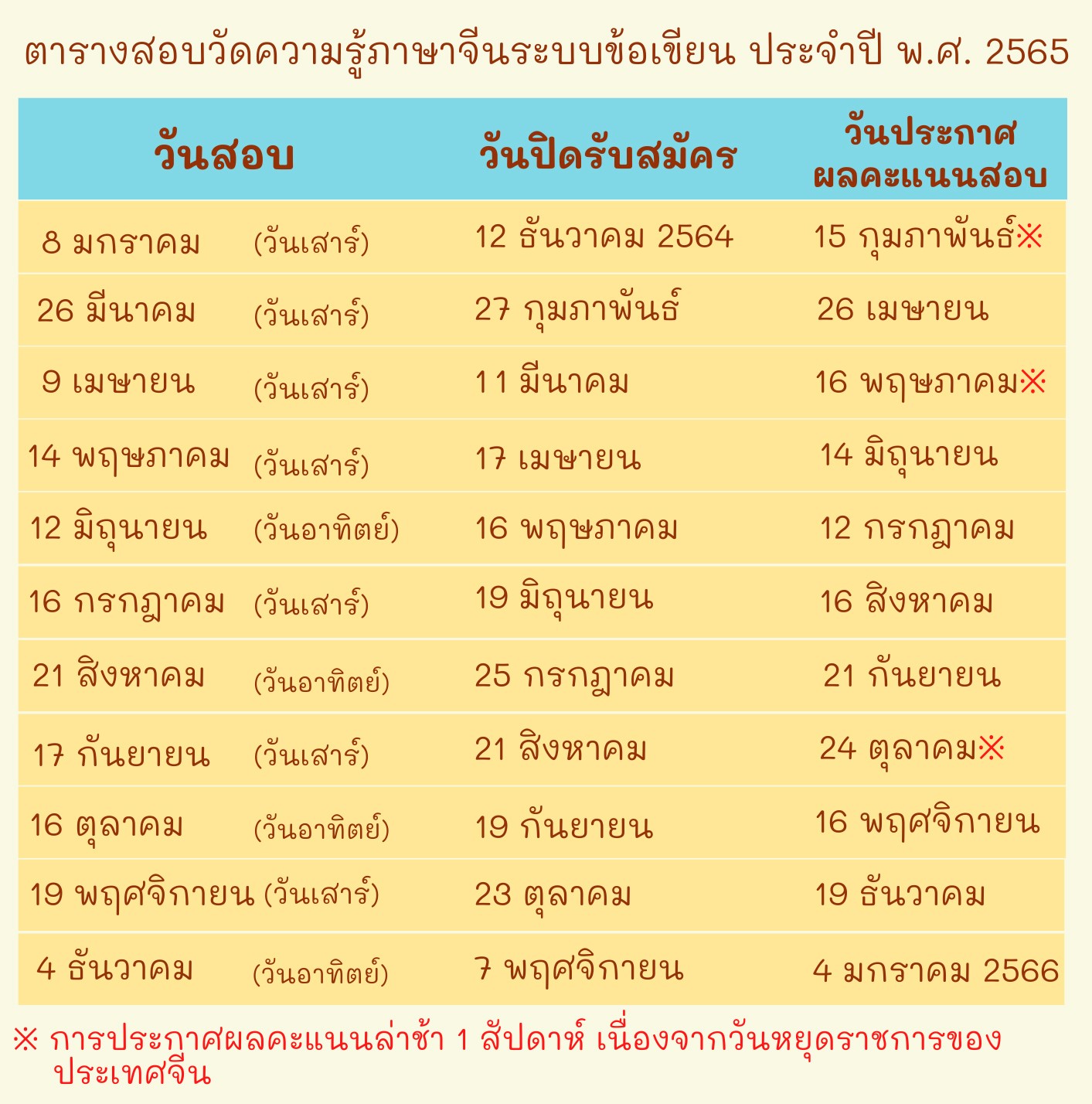
More details can refer the official website of the HSK test by clicking the link below : http://www.chinesetest.cn/index.do














